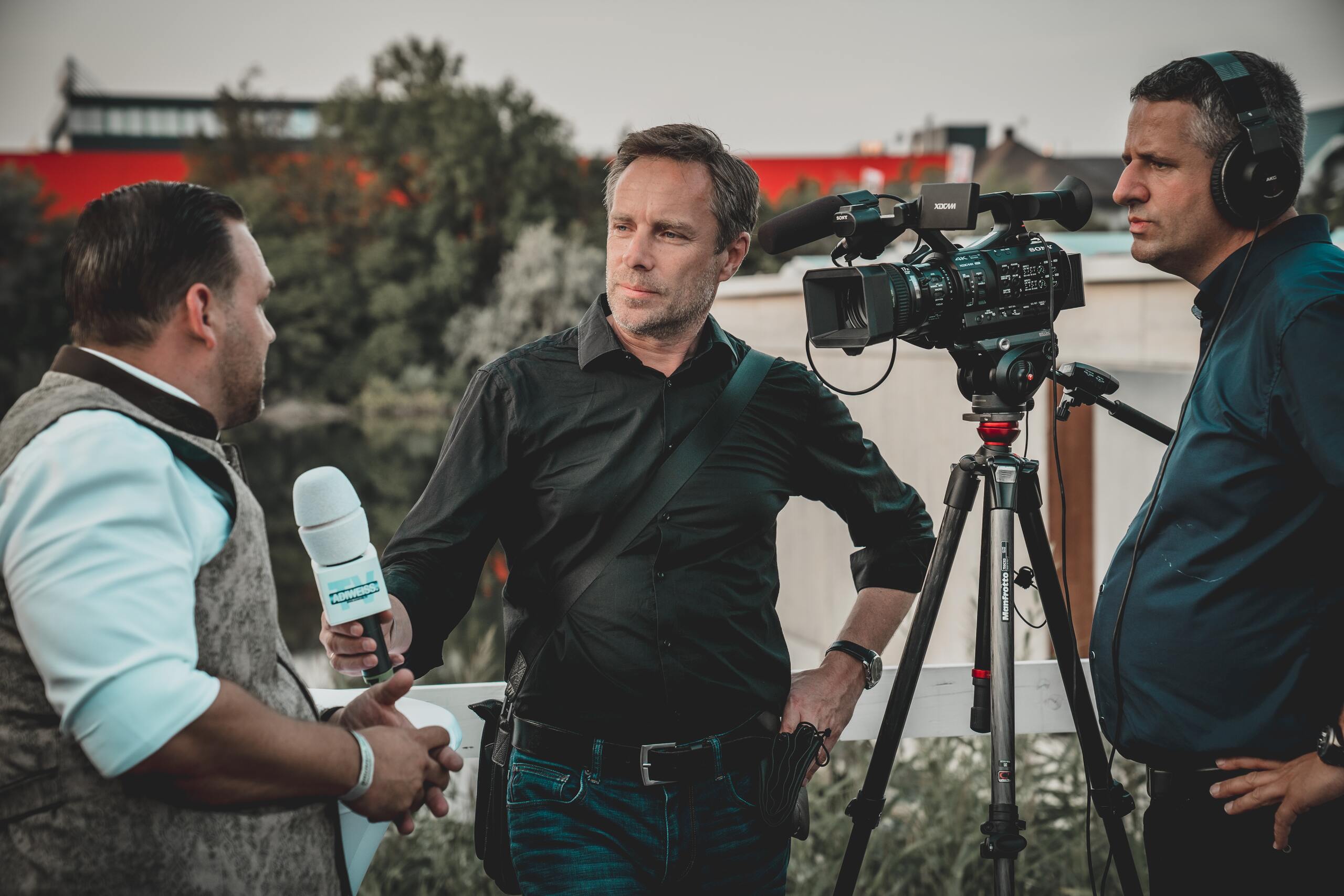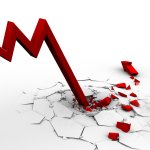
So why do the First Minister and many of her cohorts, on the cusp of this breakthrough, look and sound as though they’ve already accepted defeat?
Miss Sturgeon has been doing the media rounds and a turn at the Fringe — like a well-practised comedian firing off one-liners, albeit to a half-empty hall.
But there is a sense that she’s merely going through the motions — and that’s reinforced by less than enthusiastic feedback from some seasoned separatists.
Kevin Pringle, the SNP’s former public relations mastermind, has provided a withering assessment of the SNP’s direction of travel, and its focus on ‘timescale and process’, adding that independence supporters desperate for another referendum next year might have to be ‘patient’.
Instead he said the SNP should concentrate on ‘building support to a consistently majority position in Scotland’.
Alex Salmond, Miss Sturgeon’s predecessor and former mentor, branded the Scottish Government’s approach to achieving independence ‘absurd’.
It certainly smacks of desperation, and among the grassroots there’s also evidence of ennui and disengagement ahead of the Supreme Court hearing in London this autumn, to decide on the legality of any referendum that might be approved at Holyrood.
At a Yes stall in Queen’s Park, in Miss Sturgeon’s Glasgow Southside constituency, business was far from brisk on a hot and sunny Saturday afternoon earlier this month, with only one or two takers — and maybe they were just looking for some shade.
It’s a far cry from all those separatist marches and rallies, most of which Miss Sturgeon tends to give a wide berth, and a long way away from the early days of her tenure as First Minister.
The stadium appearances and the swelling party membership numbers have given way to a new era, reminding us that no political party has an eternal right to rule.
Over the past 15 years, it’s been easy to feel that the SNP is here to stay and can’t be shifted — after all, many young Scots have known nothing other than a Nationalist Scotland.
But could we now be witnessing the beginning of the end of the SNP’s toxic reign, given that the hardcore support might well drain away — perhaps turning to Mr Salmond’s Alba Party — in the highly likely event that the Supreme Court case founders?
It’s not as if there’s a wealth of talent waiting in the wings to take over when Miss Sturgeon goes — and remember she’s already raised the possibility that she might not be leader at the time of the next Scottish parliament election.
All of which leads to a tantalising question — what would a Scotland free from the Nationalists and their divisive politics look like?
Imagine a country where policies could be properly scrutinised without being viewed through the prism of the constitution.
Campaigner Annemarie Ward is so sickened by the SNP Government’s attempts to politicise the drug deaths crisis for its own ends that she has vowed never to work with the administration again, condemning its ‘institutional narcissism’.
The issue has become another way to drive a wedge between Holyrood and Westminster, which in the SNP’s fantasy world occupies the dual role of both scapegoat and bogeyman — a road block to the reform needed to save lives.

Yet Scotland’s drug death rate is nearly five times higher than England’s: so why does Scotland need changes to the laws on drug misuse, when the rest of the UK is doing a much better job of tackling the problem under existing legislation?
Many young Scots has never witnessed two governments working together, or at least trying to — they’ve grown up with trench warfare.
But imagine if there was far greater cross-Border co-operation, or even any meaningful co-operation at all, and the dividends such a partnership could bring.
An end to point-scoring would pave the way for a collaborative approach based on pragmatism, as opposed to ideological dogma.
In this alternate universe, perhaps we wouldn’t have witnessed the costly shambles of the Census, when the Scottish Government’s decision to go it alone with a bespoke version of the mass survey ended in disaster due to low take-up.
Instead ministers and officials with clear heads, unburdened by an obsession with national identity and pushing forward the independence agenda, regardless of the consequences, would have stuck with the UK Government timetable.
The same goes for the Ukrainian refugees scandal, which has seen two ferries earmarked as accommodation for vulnerable families seeking sanctuary under another unique and distinctive Scottish ‘super sponsor’ scheme — which had been intended to highlight the SNP’s progressive credentials.
This was supposed to contrast with the alleged lack of ‘humanity’ south of the Border, as Miss Sturgeon saw it, at a time when there was concern over the slow pace of efforts to find safe harbour for Ukrainians fleeing war and oppression.
If the SNP had worked with the UK Government, this mess might have been avoided.
The Nationalists were initially hostile towards Westminster plans for the creation of two freeports, designed to attract jobs and bolster economic growth — a heretical concept for the SNP’s anti-capitalist Green partners.
SNP ministers eventually backed down on ridiculous demands to call the new sites ‘greenports’ — gesture politics of the worst kind
But the resulting loss of investment — as the SNP Government dithered and virtue-signalled — could be as a high as £3billion.
And yet support for independence hasn’t much shifted from 2014 levels, and there’s no real appetite for a second referendum, as Mr Pringle concedes.
The needless conflict the SNP has generated has left it at a standstill, unable to get anywhere close to realising its core mission, beyond pointless legal stunts.
Miss Sturgeon appears to have entered the first stages of what could turn out to be the endgame for her, and possibly for her party’s hopes of clinging on to power.
Think of the psychological boost that would result from the loss of the insular, defeatist mindset that has dominated Scottish politics for 15 years — with almost no tangible achievements to show for it (apart from baby boxes).
Senior Nationalists are fond of asserting that Scotland’s current status, as part of a Union, is not ‘normal’, arguing that it will remain abnormal until it becomes an independent country.
But there’s nothing remotely ‘normal’ about the poison of separatism and the enormous damage it has done to public services that were shamefully neglected while their political masters devoted their energies to tearing up the Union.
The independence dream is running into the sand — and even true believers can see it’s going nowhere.
But it could pave the way for Scotland to move on at last from the SNP’s wasted years in government — to a future free from its endless bile and division.





